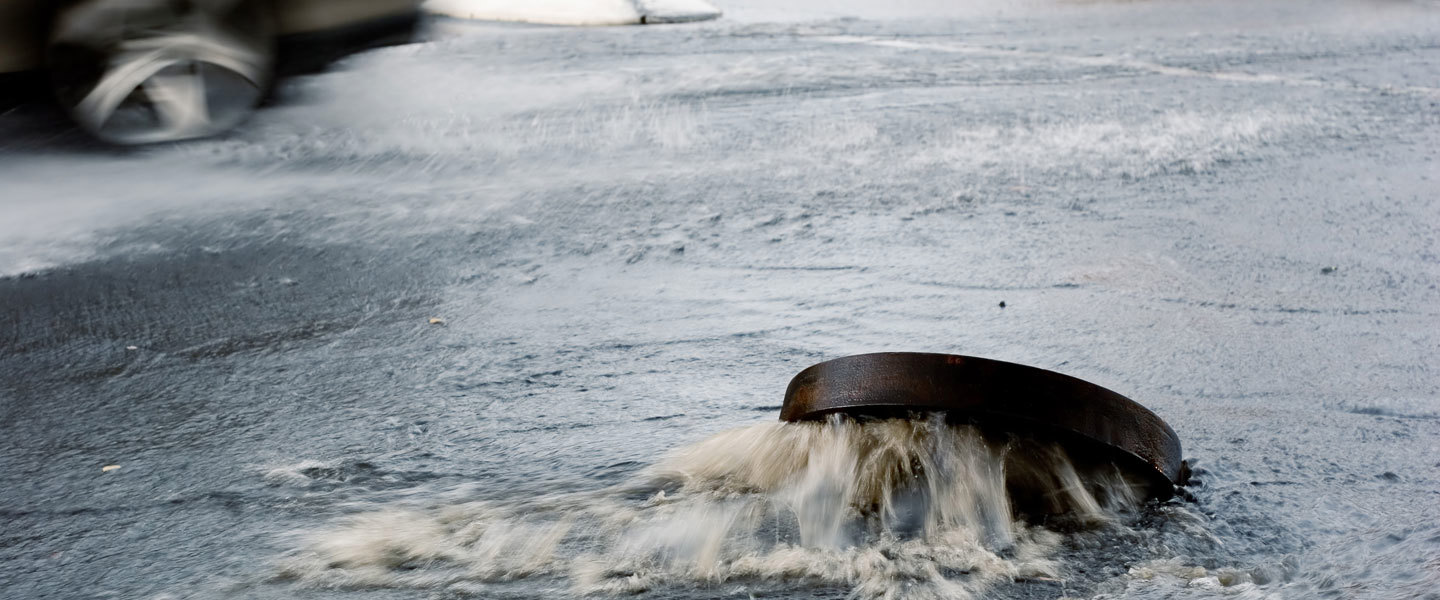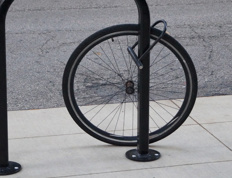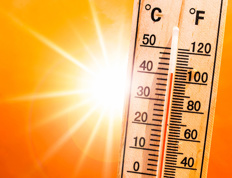Even if your unit is on an upper floor, your declaration of co-ownership may require that your condo insurance include the Ground Water and Sewers endorsement. Your co-ownership syndicate could also impose an apportionment on all the co-owners, regardless of whether their dwelling has been damaged, in order to cover the deductible or the cost of repairs after a loss. So make sure you have the right coverage!
How to protect yourself from sewer back-ups


When wastewater that needs to be removed from your property travels in the wrong direction, you can end up with quite a mess. Learn more about what a sewer back-up involves and how adding an endorsement to your home insurance policy can protect you from it.
Causes of sewer back-ups
Heavy rainfall during extreme weather events or snowmelt can sometimes result in more water than your building infrastructure can handle, leading to overflow or back-up. What comes up into the building from the sewers is far from clean. These incidents damage floors, walls, furniture, appliances and other property, and require extensive clean-up and decontamination work. Renovations or reconstruction are often necessary to repair or replace damaged property and materials.
A common and costly loss
In Quebec, sewer back-ups and ground infiltration account for one-third of water damage incidents. The average claim value for this type of loss is over $12,000. This amount can be even higher in the case of a ground floor condo, a finished basement with a family room and bedrooms, or if valuable items are stored in the affected area.
Additional home insurance coverage
Even with an all-risks coverage, certain losses are usually excluded from home insurance and require an endorsement.
This includes Ground Water and Sewers coverage to insure your property against sudden and accidental damage caused by water from leaks, overflow or back-up from sewers, French drains, septic tanks and sumps. This endorsement also applies when ground or surface water enters buildings through walls, foundations, soil or openings (such as basement doors and windows).
Is this coverage necessary for a condo on an upper floor?
What to do in the event of a sewer back-up
Here’s how you can limit the damage:
- Remove the water immediately. You can use a portable pump and hose to drain water away from the building
- Protect your property. Transfer your belongings to the upper floors. If possible, move your furniture and appliances or elevate them using construction materials.
- Notify your insurer as soon as possible for help with the next steps.
- Clean and dry exposed surfaces and property to prevent contamination.
- Keep your receipts for any expenses related to the incident.
- Document the damage and your losses with photos or video.
Other topics that may interest you:
Is this coverage necessary for a condo on an upper floor?
Even if your unit is on an upper floor, your declaration of co-ownership may require that your condo insurance include the Ground Water and Sewers endorsement. Your co-ownership syndicate could also impose an apportionment on all the co-owners, regardless of whether their dwelling has been damaged, in order to cover the deductible or the cost of repairs after a loss. So make sure you have the right coverage!
endorsements
water damage
prevention
home insurance
condo insurance




















